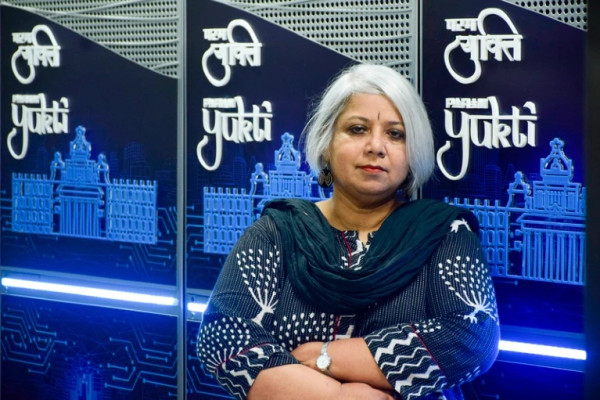The gender gap in computing: Shobhana Narasimhan featured in Nature for the Ada Lovelace Day

Shobhana Narasimhan
I studied physics at the Indian Institute of Technology (IIT) Bombay, in Mumbai. At that time, India had five IITs; each was partnered with a foreign country from which they received computers. Our partner was the Soviet Union, and we had a clunky and slow Soviet-era mainframe computer that used paper punch cards for data storage. Punching and running cards on it was a logistical nightmare. Anyone who could produce an output was guaranteed an ‘A’ in the programming course. That is, in my experience, unless that person was a woman. I was not alone in feeling that the professor in charge was more likely to give women lower grades. And so, when I moved to Harvard, I was disadvantaged compared with my computer-savvy US classmates
I eventually caught up and returned to India 11 years later as a computational scientist, a role in which I found myself one of few women. Computational science is often perceived as being more ‘woman friendly’ than experimental science, because it is comparatively easy to work from home and so a good work–life balance seems achievable, yet the gender diversity hasn’t improved all that much, especially in academia. I am often still the only woman on a committee, or invited to speak at a conference
[...]
Compared with experimental science, computation is cheap and a relatively small investment can go a long way. Roughly US$10,000 can buy you a computer cluster that can tackle interesting problems. There’s no need to buy expensive chemicals and reagents, although a stable electricity supply and a fast Internet connection are needed, which are not always available.
Read the full article here.
Low-volume newsletters, targeted to the scientific and industrial communities.
Subscribe to our newsletter